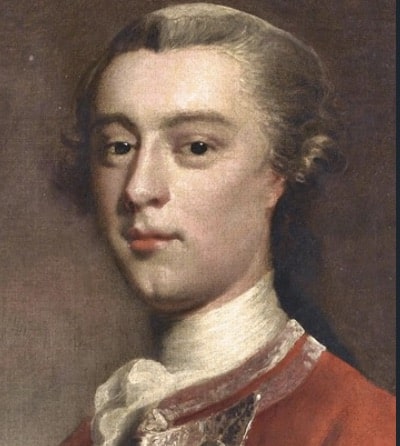
James Wolfe was born on January 2, 1727, in Kent, England. His father, Edward Wolfe, was a Lieutenant General in the British military setting a role model for James who showed a military aptitude at a young age. James joined the British Army at 14 and quickly rose through the ranks as his competence and leadership skills became evident. In 1741, at the age of 17, James Wolfe was commissioned as a second lieutenant in his father’s regiment, and during the next 4 years was involved in battles on the European continent during an ongoing conflict between Britain and France. In 1745, Wolfe returned to Britain to fight in the British Civil War and then returned to the European continent to lead troops in the war of the Austrian Succession. In 1748, the Treaty of Aix-la-Chapelle was signed and France returned its captured territory to Austria. By the age of 21, having led his troops through seven campaigns, James Wolf returned to Scotland.
During the next eight years, a fragile peace between England and France enabled Wolfe to concentrate on restoring his health that had been declining through a respiratory ailment that was suspected to be tuberculosis. To strengthen his body, he engaged in physical exercise and worked on his swordsmanship. He also attempted to keep his mind sharp by studying mathematics and Latin.
In 1756, the festering hostilities between England and France erupted into a war that spread from Europe to North America. This led in 1758 to the appointment of James Wolfe as the commander of the British expedition to capture Quebec City from the French during what was called “the Seven Years’ War.” Despite facing challenges such as the difficult terrain and the strong French defences, Wolfe led his troops in a daring nighttime assault on the Plains of Abraham on September 13, 1759. This battle resulted in a decisive British victory, although both Wolfe and the French commander, Louis-Joseph de Montcalm, were fatally wounded. Wolfe’s death came shortly after the battle, and he died at the age of 32.
Wolfe’s victory at Quebec City is considered a pivotal moment in Canadian and American history, as it marked the beginning of the end of French rule in North America. His legacy as a skilled and courageous military leader is commemorated through various memorials and monuments in both Canada and the United Kingdom, honouring his contribution to British military history.
